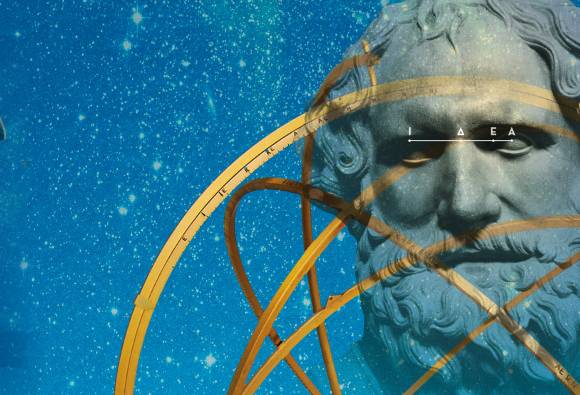
Prof. Dr. Theodossios P. Tassios: Ancient Greek Automata
Lecture accompanying the opening of the Idea exhibition
The Greek tribes, since the 2nd millennium BC, were so devoted to technology that they even imagined their gods as users of several automata operating in godly palaces. Besides, the Greek gods had also offered to humans various automata and robots. In the real Greek history of the Mycenaeans and the Archaic Greeks technology was rapidly developed to such an extent that automata started been designed and functioning in the time of Aristotle, up to their culmination during the Hellenistic Period.
The lecture presents details of the following categories of automata, developed mainly in Alexandria: wonder, artistic and practical automata, controlling mechanisms, educational experiments in physics. Complete drawings, pictures of models, as well as videos of automata in operation will be presented.
Lecture by Prof. Dr. Theodossios P. Tassios (NTUA, University of Athens), a leading expert in ancient Greek technology.
The lecture will be presented in English with simultaneous Slovenian translation.
Prof. Dr. Theodossios P. Tassios: Ancient Greek Automata
5 EUR
5% discount on online purchases cd-cc.si
Prof. Dr. Theodosios P. Tassios was born in 1930 in Kastoria, Greece. He studied civil engineering at the Nat. Tech. Univ. Athens (1948–1953) and obtained a PHD in engineering from the Nat. Tech. Univ. Athens (1948–1953). He studied at the Centre d’Etudes Superieures in Paris between 1953–54. He was Assoc. Prof. at NTUA (appointed in 1964) and was appointed Full Prof. at NTUA in 1969.
He is Visiting Prof. at several universities abroad. He specializes in conservation of monuments, and philosophy and history of technology. He is president and member of several national and international professional associations, including the Academy of Sciences in Torino, Italy. He is doctor honoris causa of seven universities (Liege, Nanjing, Democritos, Cyprus, Thessaloniki, Athens Kap., Panteion). He is recipient of the Medal of the City of Paris and has published over 500 scientific papers and 60 books.

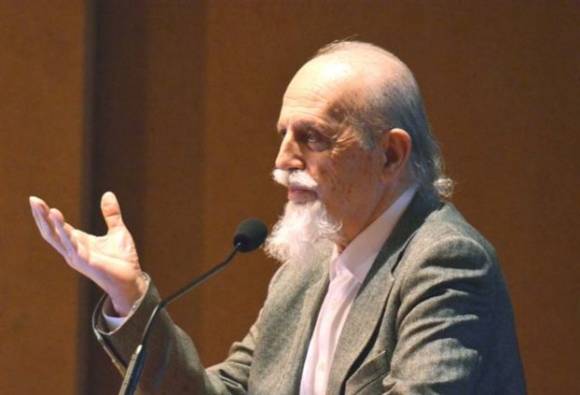
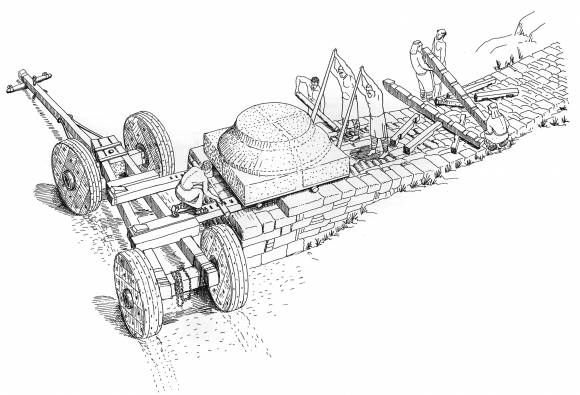
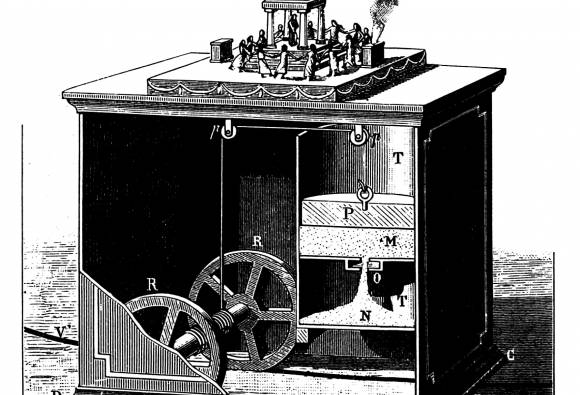
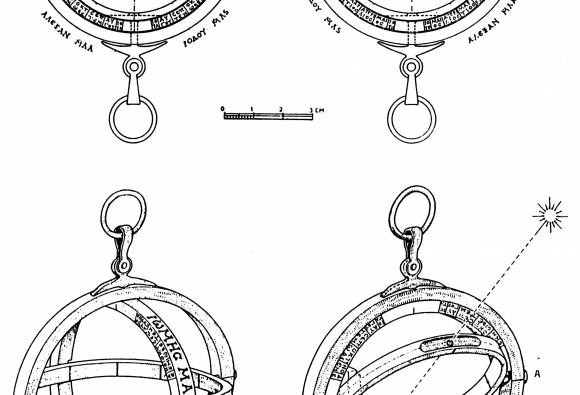
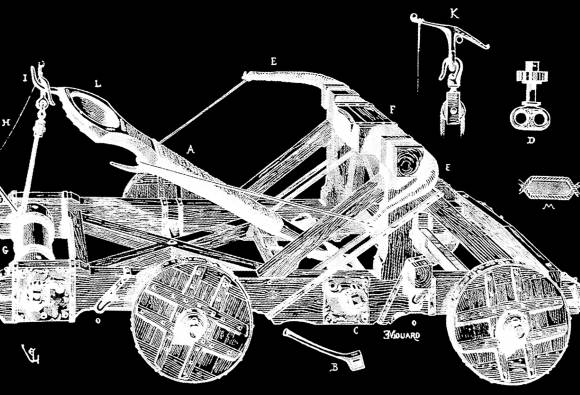

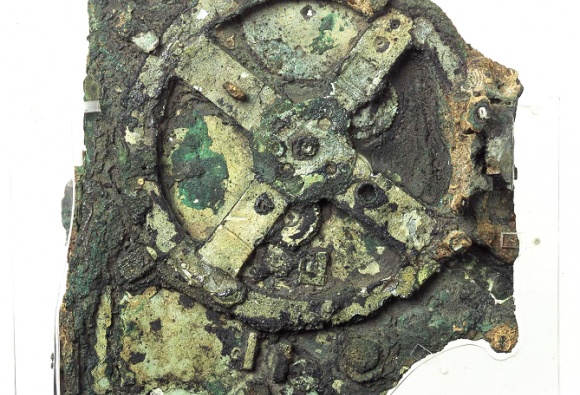 On Mt. Olympus Festival
" width="580" height="395">
On Mt. Olympus Festival
" width="580" height="395">
